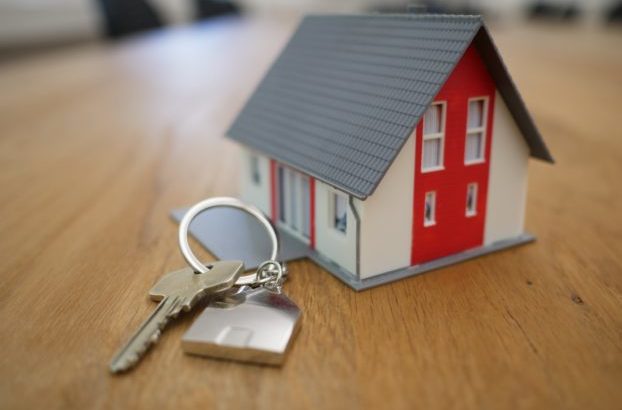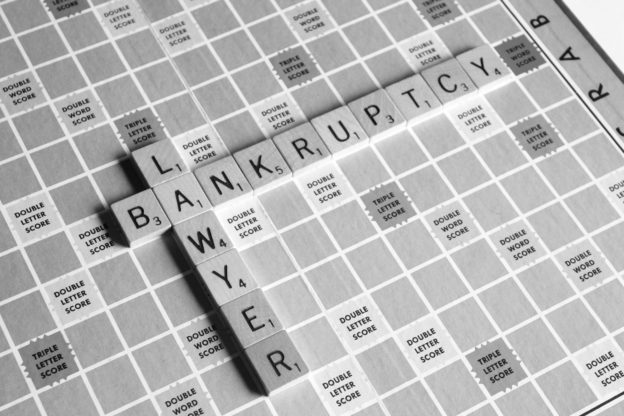Bankruptcy Can Save Your Home from Foreclosure
You’ve fallen behind on your mortgage or real property tax payments, and your home is in foreclosure. Whether you’ve received notice of the sheriff’s sale or not, you know it is only a matter of time before you do. What to do?
As any good bankruptcy attorney will tell you, your response to the foreclosure action will depend upon whether you can afford to pay your mortgage payments plus another monthly payment to cure the arrears in the mortgage or taxes, considering that you can be discharged of most, if not all, of your unsecured (i.e. medical, credit card) debt.
If you think you can afford to do that, then filing a Chapter 13 bankruptcy petition is the way you can save your home from foreclosure.
What If I Cannot Afford My Home?
If you answered the question above with no, I cannot afford to make my payments, then filing a Chapter 7 petition is the way to go – especially if you have fallen behind in those payments due to loss of income. Chances are you are behind with your other bills as well, and Chapter 7 can help with that too.
Chapter 7 is a 4-6 month liquidation process by which the Court and the Trustee assess your income, assets, expenses, and debts, and determine that you cannot afford to pay back your unsecured debt. Exemptions are applied to take your important assets out of the bankruptcy estate and out of reach of the Trustee, who otherwise would have the power to seize and sell your assets for the benefit of your creditors. Your attorney will help you make sure your assets are protected.
In a Chapter 7 filing, you also have the opportunity to legally “surrender” your home, and you will be discharged of any mortgage or tax debt as well as the unsecured debt you have. This provides you with a true fresh start.
The Chapter 7 filing will also impose the automatic stay on the foreclosure proceedings, meaning, the foreclosure proceedings must stop while you are actively in bankruptcy. So, you get to stay in your home for a while longer, giving you time to sort out where you will live next.

Chapter 13 Bankruptcy Can Save Your Home From Foreclosure
If you have a steady income and the ability to make your monthly mortgage payments or quarterly tax payments as they come due, and you can also make a small arrearage cure payment in addition, then Chapter 13 is the way to go.
First, you and your attorney organize your income, assets, debts, and expenses into a Chapter 13 petition and schedules and a proposed 3- or 5-year repayment plan. Your attorney then files these electronically with the bankruptcy court. The Court and Chapter 13 Trustee assess the information in your filing and determine whether your plan is “feasible”, meaning, whether you can pay the plan payments and whether the plan pays the secured creditors the arrears in full.
Once your plan is approved, all you do is keep paying your plan payment to the Trustee every month until your plan is complete. You also must keep your mortgage and tax payments current, or your creditors can file a motion to dismiss your case or to lift the automatic stay so that they can proceed with foreclosure.
As long as all payments are made in full and on time, you receive a discharge of your unsecured debt and are all caught up!
Veronica Baxter is a writer, blogger, and legal assistant operating out of the greater Philadelphia area.


